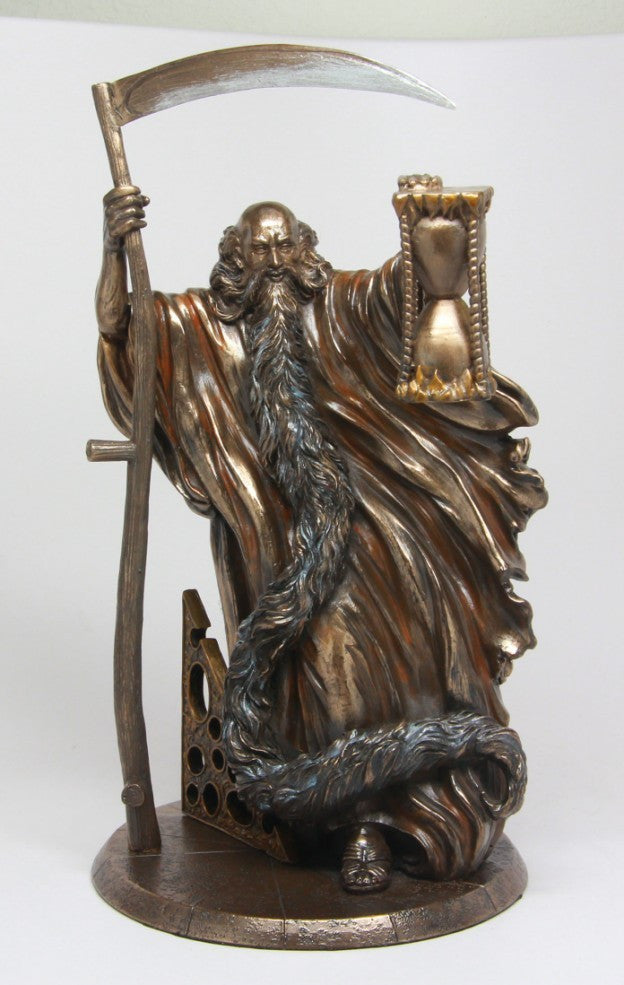by
Charles Lamson
Koehle, Anatol, and Applebaum (1981) suggest that the personality or culture of an organization in many respects is a composite of the varied behaviors of the people in it. They are absolutely correct The individual organizational orientations, temperaments, and personalities in each unit influence how people outside view the unit, as well as, how the people within the unit see it.
Not all people approach their work in organizations with the same orientation. Some are organization-friendly. Others are not. Some are organization-friendly only part of the time. Individuals' orientations are a major factor in their success, or failure, in the work environment. These orientations are a major factor in their success or failure in the work's environment. These orientations are associated with workers' job satisfaction and motivation to work.
ORGANIZATIONAL ORIENTATIONS
Presthus (1962) advanced organizational orientation theory as an explanation of substantial differences in the way employees in organizations approach their jobs. Prestheus believed that these orientations result in employees having different orientations toward work itself, motivation toward work, job satisfaction, and ways of dealing with coworkers, supervisors, and subordinates. Presthus viewed his theory as being a theory of organizational behavior. He viewed the behavior of people in organizations as being driven by their traits, which he believed were learned through their experiences while working in organizations.
Presthus identified three organizational orientations which are specifically related to the way people approach their roles in organizations. These reflect the variable orientations different types of people have toward work, and the place of work in their lives. These orientations are believed to be traits, that is people will tend to have these orientations, regardless of the organizations in which they are employed, and the orientations are not expected to change markedly as a person moves from one organization to another. People with high scores on these orientations are known as upward mobiles, indifferents, and ambivilents. All three of these types are found in virtually all organizations. However, it is not common for a person to score highly on more than one of these orientations. Some people do not score highly on any of them.

Upward mobiles. Perhaps the most dedicated and most easily recognizable organizational type is the upward mobile. This is the typical "organizational man" or "organizational woman." These people are deeply devoted to the goals and functioning of the organization. They have a strong identification with with the organization. These people are self-motivated, believe in the organization's rules and procedures, and expect others to also. Their personal goals are in line with the organization's goals, and they strive toward high job satisfaction.
Upward mobiles do not like associating with people they consider to be "losers," people who are not are not on the same career path that they are. In fact, they might be highly critical of personnel who are not as dedicated or devoted as they are. They thrive on work, decision-making, power, and organizational rewards, and are ready and willing to go the "extra mile" for the organization. They will openly defend the organization and criticize those who are not dedicated to it. They have high standards and expect others to have the same.
All organizations look to hire potential upward mobiles, and when they have one they are likely to to groom her or him for bigger and better positions. Organizations know they can depend on these persons to follow the rules, enforce the rules if necessary, and give support to the organization. These are the people organizations are likely to reward and encourage. They represent the future of the organization.
If we work for, or with, an upward mobile, we will be expected to support the organization and its policies. Communicating with an upward mobile is really quite easy. You know where he or she stands, and what is expected of you. Praise him or her and the organization and rewards will come to you and your unit. However, if he or she thinks you are a "loser," he or she will encourage you to go elsewhere. This person might even say things like, "If this is not the job for you then try some other job," or "In this organization, we expect commitment. You don't seem to care, so it is time to move on."
If you want to influence an upward mobile, your suggestions should be couched in terms of how what you want would be good for the organization, and if possible, might help the upward mobile move up in the organization. Such an approach indicates your loyalty to the organization, and also your loyalty to this person. One of the best ways to move up in many organizations is to be sponsored by an upward mobile.
*SOURCE: ORGANIZATIONAL COMMUNICATION FOR SURVIVAL THIRD EDITION BY VIRGINIA P. RICHMOND, JAMES C. MCCROSKEY AND LINDA L. MCCROSKEY; PGS. 84-85*
END

No comments:
Post a Comment